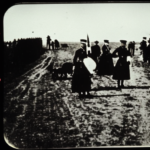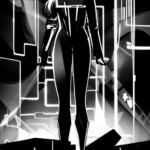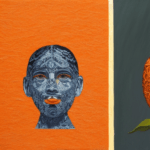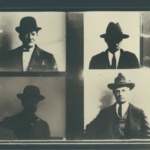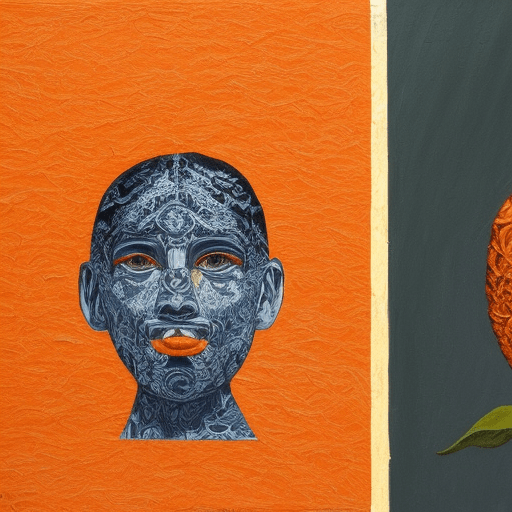One-line Summary:
Onibaba by Kaneto Shindō
Set in feudal Japan during a time of civil war, “Onibaba” explores the dark depths of human nature as two women struggle to survive by killing unsuspecting samurai and selling their possessions. When a masked samurai arrives, their lives are forever changed, leading to a haunting tale of desire, guilt, and the consequences of one’s actions.
Main Cast and Crew:
- Director: Kaneto Shindō
- Writer: Kaneto Shindō
- Key Actors: Nobuko Otowa as Woman, Jitsuko Yoshimura as Young Woman, Kei Satō as Hachi, Jūkichi Uno as Samurai
- Music Director: Hikaru Hayashi
- Director of Photography: Kiyomi Kuroda
- Producers: Nobuyo Horiba, Setsuo Notoya
Plot:
“Onibaba” takes place in a desolate field where two women, a middle-aged woman and her young daughter-in-law, struggle to survive by killing and robbing samurai who pass through. They sell their possessions to a local merchant, Hachi, in exchange for food. The older woman warns the young woman not to trust men, as they are all potential enemies.
One day, a masked samurai arrives, seeking refuge from the war. The young woman becomes infatuated with him, while the older woman sees him as a threat to their survival. The two women conspire to seduce and kill the samurai, but their plan goes awry when the young woman falls in love with him. Consumed by jealousy, the older woman murders the samurai and hides his body in a pit.
The guilt and paranoia consume the older woman as she begins to see the samurai’s ghost haunting her. The young woman, unaware of the murder, becomes increasingly disturbed by her mother-in-law’s behavior. When Hachi discovers the truth about the samurai’s death, he blackmails the older woman into having sex with him. In a fit of rage, the young woman kills Hachi and reveals the truth about the samurai’s murder to her mother-in-law.
In the end, the older woman is left alone, haunted by her actions and tormented by the samurai’s ghost. The film ends with her wandering through the field, forever trapped in her guilt and remorse.
Themes and Motifs:
“Onibaba” delves into themes of survival, desire, and the consequences of one’s actions. The film explores the lengths people will go to in order to survive in a harsh and unforgiving world. It also examines the destructive power of desire and the impact it can have on relationships.
The motif of masks is prevalent throughout the film, symbolizing the hidden desires and true nature of the characters. The samurai’s mask represents the facade people put on to hide their true selves, while the older woman’s mask represents her own inner darkness.
Reception and Legacy:
Upon its release, “Onibaba” received critical acclaim for its atmospheric cinematography, compelling performances, and thought-provoking themes. It won the Blue Ribbon Award for Best Film and the Kinema Junpo Award for Best Director, solidifying Kaneto Shindō’s reputation as a master filmmaker.
The film’s impact on cinema is undeniable, influencing future filmmakers with its innovative storytelling and visual style. Its exploration of human nature and the consequences of one’s actions continues to resonate with audiences to this day.
Recommendation:
“Onibaba” is a haunting and thought-provoking film that delves into the depths of human nature. With its atmospheric cinematography and compelling performances, it is a must-watch for fans of Japanese cinema and those interested in exploring the darker aspects of the human psyche.
Memorable Quote:
“In this world, men are our enemies. We must kill them before they kill us.”
